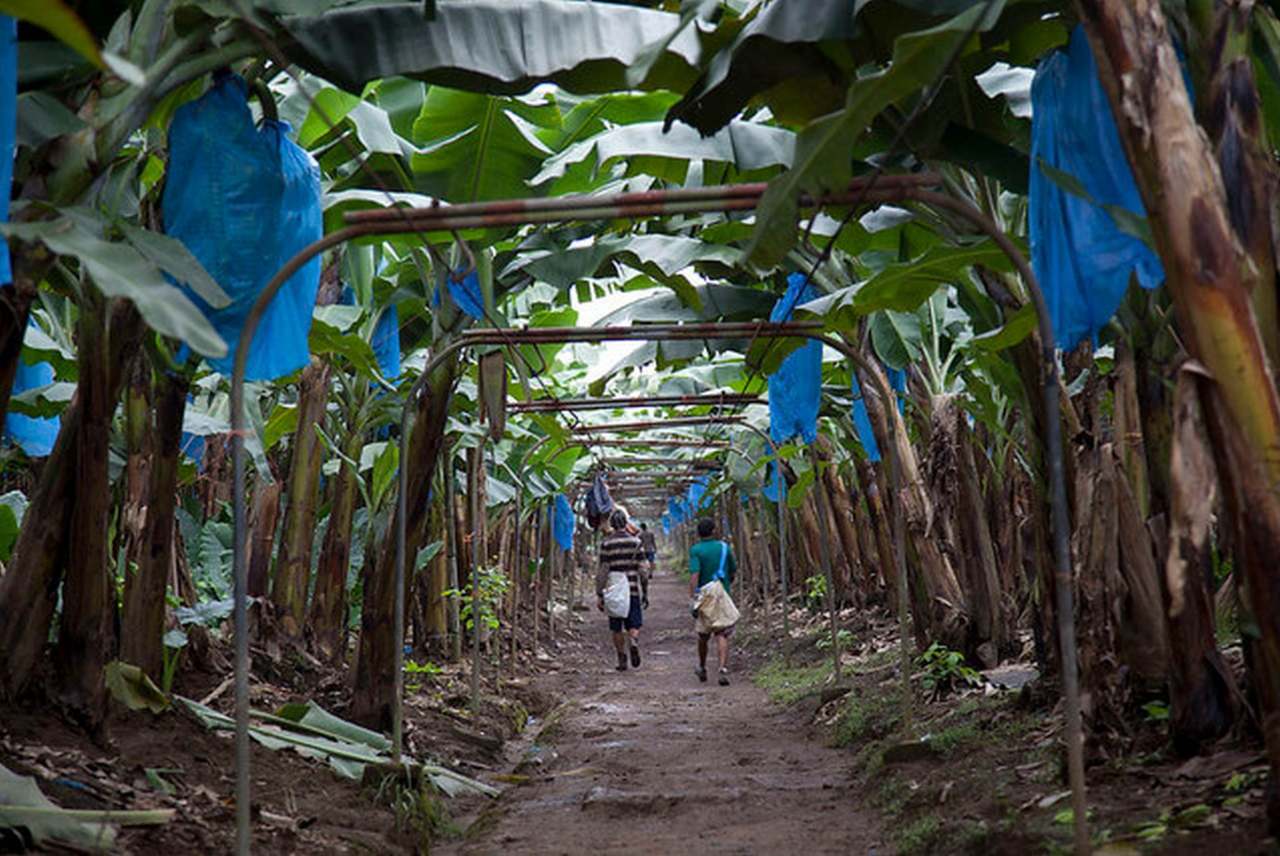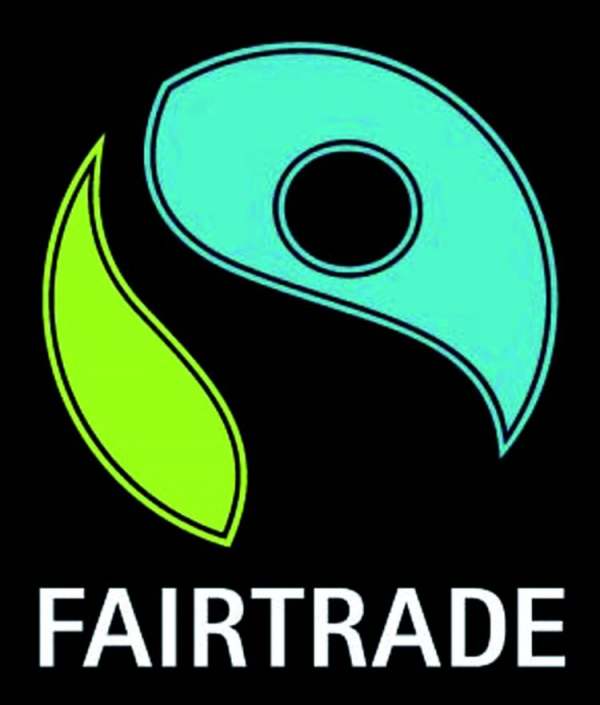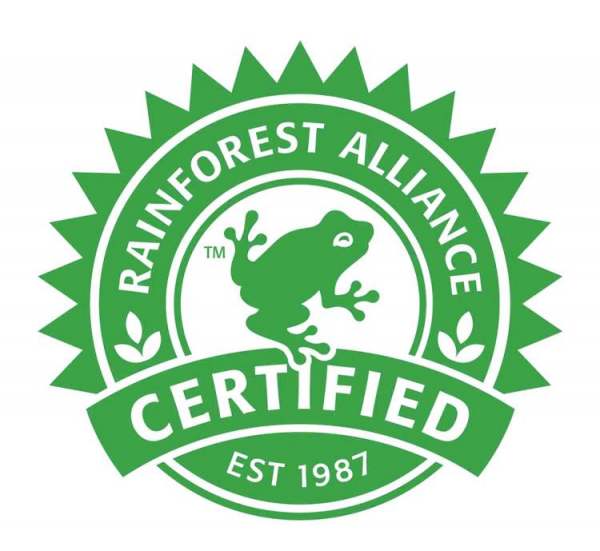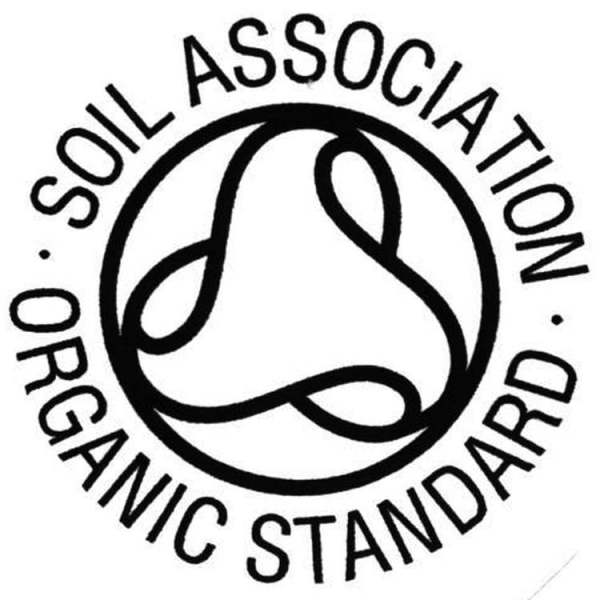Fairtrade certification
Serious issues with workers’ rights on plantations make supporting Fairtrade – which focuses on helping smaller independent growers – all the more important.
Bananas were one of the first products to become certified under the Fairtrade label over 20 years ago.
The Fairtrade label stands for the following principles:
Paying a fair price
Producers get a fair price, covering the cost of production, cost of decent living and a reasonable profit.
Decent working conditions
Workers on plantations, farms, in processing plants and other businesses work in decent and safe conditions and receive a living wage.
Development of local communities
A ‘premium’ of $1 for each box of bananas is paid over and above the Fairtrade price, which farmers and workers invest in social, environmental and economic developmental projects for their businesses and communities.
They decide democratically by committee how to invest the premium. These projects include educational and health facilities, covering costs of education and vocational training, construction of roads, healthcare, microfinance, etc.
Environmental sustainability
Harmful agrochemicals and GMOs are excluded from the Fairtrade system. Additionally, production techniques are supported that preserve valuable ecosystems and protect the health of both producers and consumers.
It is best to look for companies that are fully committed to sourcing Fairtrade. Many of the multinationals will sell some Fairtrade bananas: but with much of the profit going back to the companies, buying these may fund their other serious malpractices.




